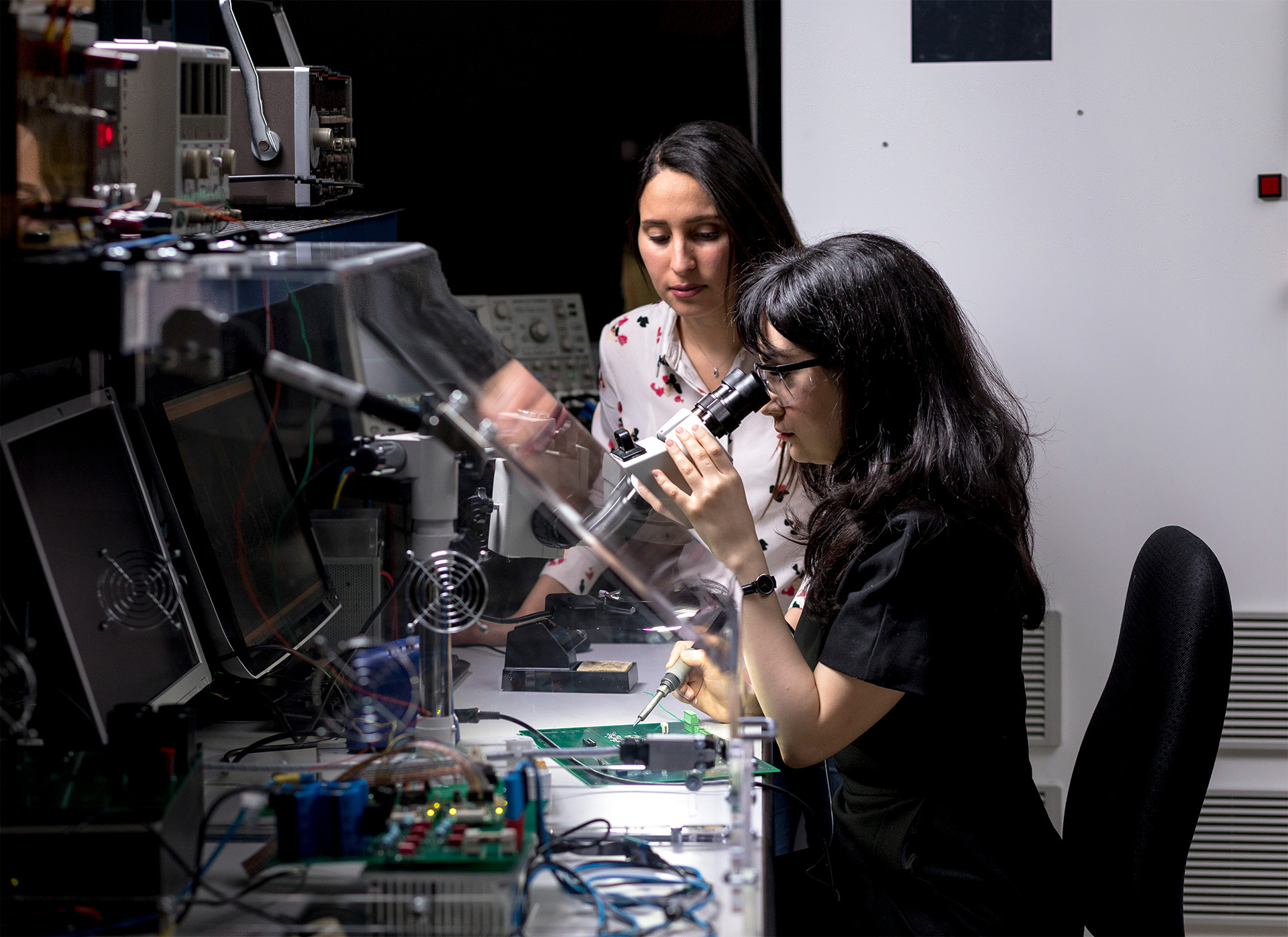Research Chair in Artificial Intelligence and Digital Health for Health Behaviour Change
About the Chair
The Chair focuses on the automated recognition of facial expressions associated with ambivalence to encourage behaviour change, taking advantage of the latest advances in artificial intelligence.
Much too frequently, a sedentary lifestyle and poor diet play a significant role in the occurrence of chronic non-transmissible diseases, such as cancer, diabetes and cardiovascular disorders. Adopting healthy behaviours on a long-term basis remains difficult, and although in-person interventions like personal coaching are effective, they cannot be applied to an entire population.
While promising, the use of motivational applications and other digital tools has its limits. Computers are not yet capable of detecting ambivalence among users, defined as the gap between the desire to change behaviour and the perceived barriers to doing so. Therefore, our Chair plans to take advantage of advances in the field of artificial intelligence (AI) to better recognize and measure this emotion, which is often expressed more subtly through non-verbal language that varies from person to person and from culture to culture under differing capture conditions. In light of this, we will combine behavioural modeling and machine learning to develop models and technologies that allow for accurate recognition of the expression of ambivalence.
Research
In this project, we plan to use weakly supervised learning to train deep learning networks using videos with limited annotation. Among other objectives, we plan to develop deep learning networks capable of rapidly adapting to different individuals and capture conditions using operational videos. These networks will learn to dynamically combine audio and visual information based on the video capture conditions, and to perform spatio-temporal localization of facial and vocal expressions of ambivalence to facilitate video interpretation.
The results of the work carried out by the Chair will have a direct impact on the use, accessibility and implementation of e-health interventions. This multidisciplinary research – combining behavioural psychology, multimedia signal processing, AI and deep learning – should produce a number of functional prototypes for the recognition of facial and vocal expressions leading to the development of reliable AI technologies for health-related applications.
Areas of research:
- Artificial Intelligence
- Telehealth (e-health)
- Behavioural medicine
- Recognition of facial and vocal expressions
- Affective computing
- Simon Bacon, Co-Chair Holder and Professor, Department of Health, Kinesiology & Applied Physiology, Concordia University
- Éric Granger, Co-Chair Holder and Professor, Systems Engineering Department, ÉTS
- Alessandro Koerich, professor, Software and IT Engineering Department, ÉTS
- Kim Lavoie, professor, Department of Psychology, UQAM
- Marco Pedersoli, professor, Systems Engineering Department, ÉTS
Join the Chairholders
Éric Granger
Professeur
Département de génie des systèmes
Imaging, Vision and Artificial Intelligence Laboratory (LIVIA)
1100, Notre-Dame Street West
Room A-3600
Montreal (Quebec) H3C 1K3

Simon Bacon
cotitulaire de la chaire et professeur
Département de santé, kinésiologie et physiologie appliquée, Université Concordia

Research at ÉTS
ÉTS provides an ideal environment for conceiving and creating the ideas that will shape the world of the future.

